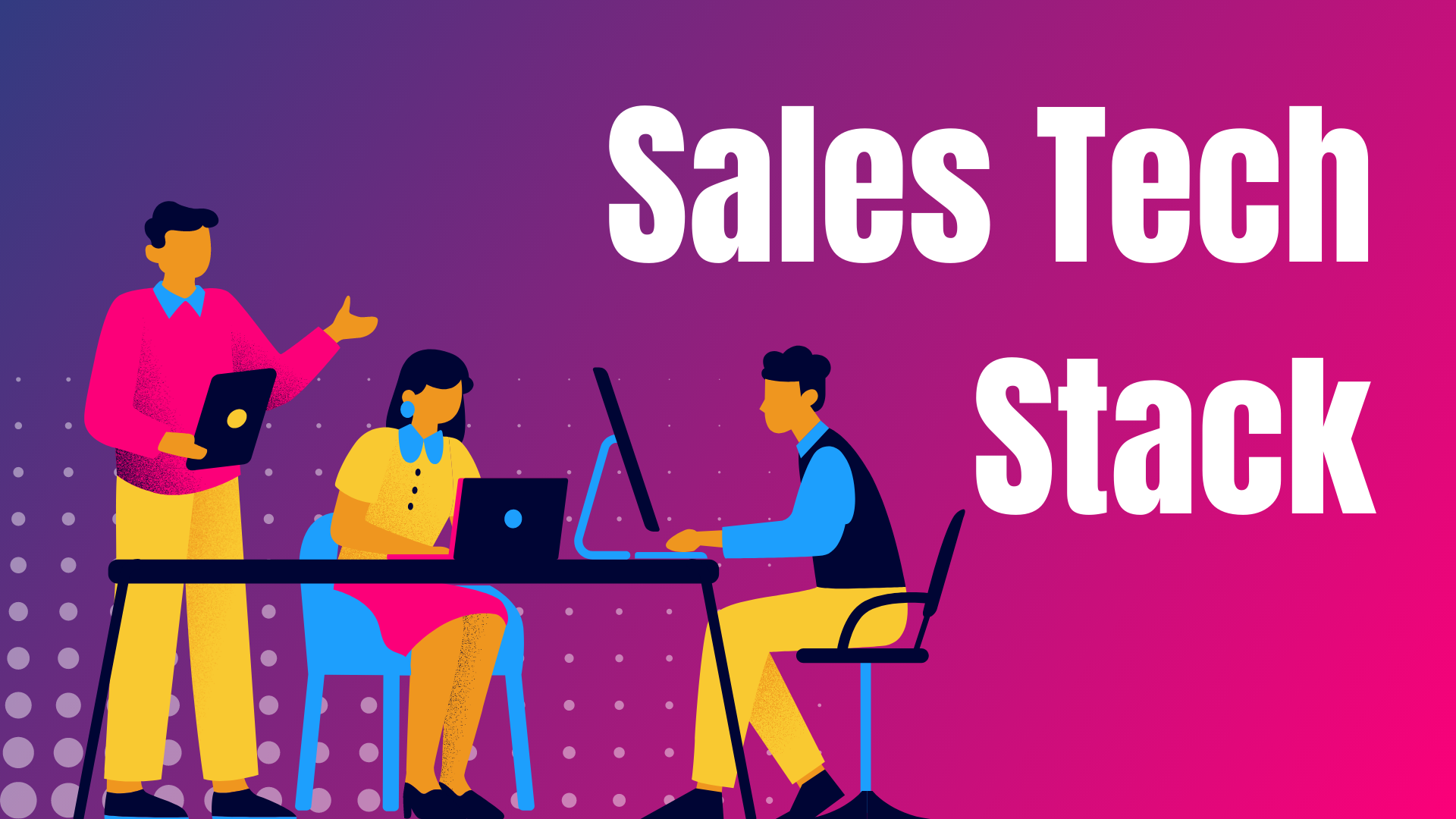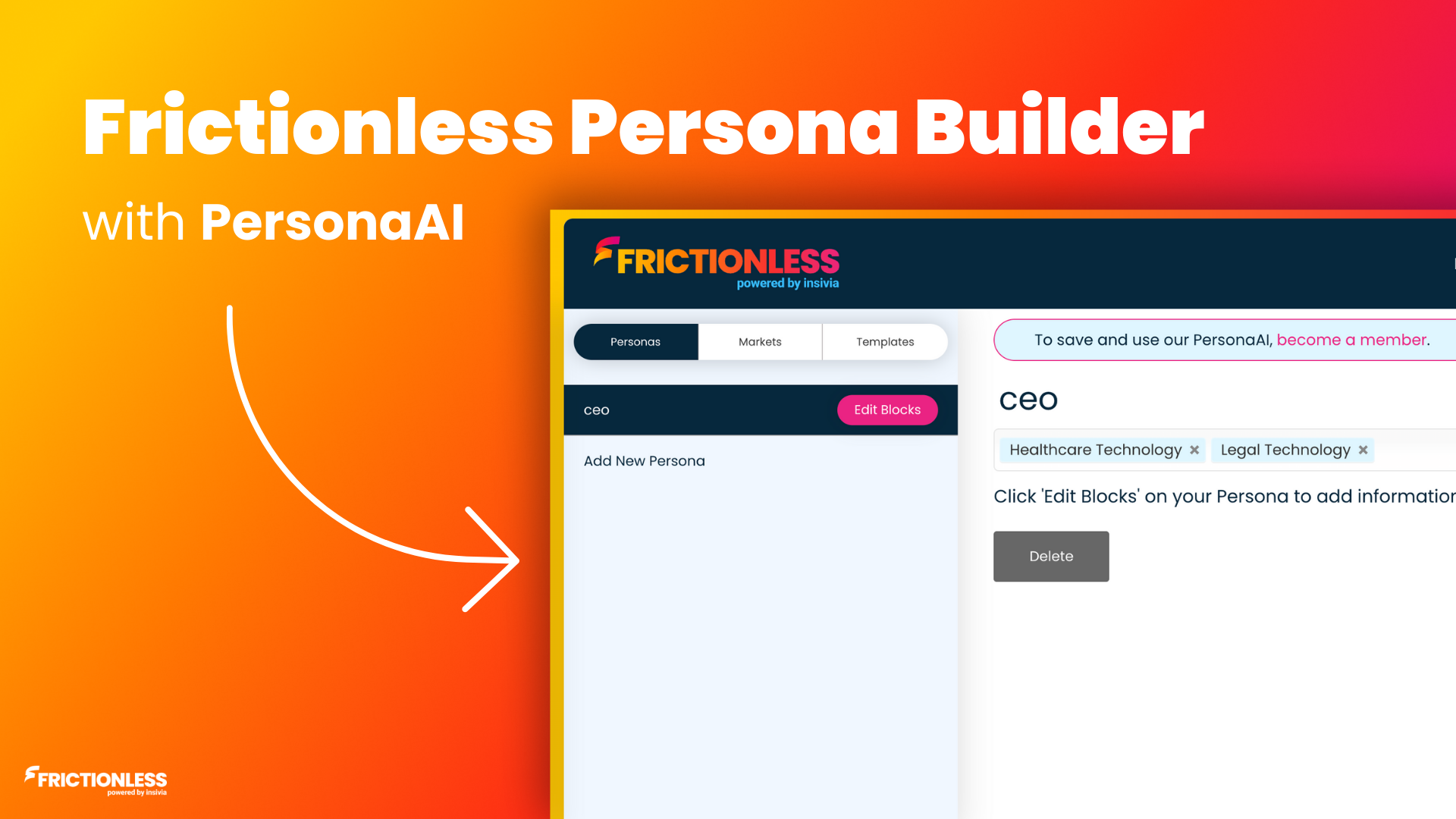What is a Sales Enablement Strategy?

Sales enablement is a dynamic and strategic approach that aims to empower sales teams with the resources, knowledge, and tools they need to engage with potential customers effectively and drive successful sales outcomes.
A sales enablement strategy focuses on aligning marketing and sales efforts to enhance collaboration and boost overall performance.
It does this by providing sales teams with the tools, resources, and training they need to be successful.
This can also include things like sales training, sales enablement materials, customer relationship management software, or digital sales rooms. By aligning marketing and sales, companies can create a more seamless and efficient sales process. This can lead to increased sales and revenue.
In this article, we'll explore the concept of sales enablement, its key components, and the significant benefits it brings to businesses.
What is Sales Enablement?
Before we go any further, what is sales enablement?
In an article about this very subject, sales enablement is defined as the process, platform, or tool companies use to enhance their sales processes, increase the effectiveness of sales teams, and close more deals, faster.
Sales enablement can provide sales teams with the necessary support and resources to improve their productivity and effectiveness throughout the sales cycle.
A sales enablement strategy is the strategic approach to equip sales teams with the right content, training, technology, and processes to align internal teams and give sales reps the information and skills to engage with prospects and customers in a meaningful way.
Key Components of a Sales Enablement Strategy
A sales enablement strategy can kind of be imagined as the one-stop shop for sales teams.
Need to improve your collaboration? Sales enablement can fix that.
Need to enhance communication with customers? Sales enablement can fix that.
Need to engage prospects more during the sales process? Sales enablement can fix that too.
Content Development and Management

Creating and curating relevant and compelling content is a crucial aspect of sales enablement. This includes sales collateral, case studies, product information, FAQs, and other resources that address various stages of the buyer's journey.
A well-organized content management system ensures that sales reps can easily access and share the most up-to-date materials with prospects.
Content development and management can help B2B sales teams in four ways:
- Generate leads by creating high-quality content.
- Nurture leads with blog posts, case studies, etc.
- Close deals with interactive sales experiences.
- Increase customer satisfaction with helpful content.
Overall, it's a valuable aspect of any B2B sales enablement strategy.
Sales Training and Development
The next key component of a sales enablement strategy is sales training.
Ongoing training and development programs are essential to keep sales teams equipped with the latest product knowledge, selling techniques, and industry trends.
Sales enablement professionals work closely with sales managers to identify skill gaps and develop training modules that address specific needs.
Sales training can also come from B2B consultants or sales experts that improve the skillset and processes of sales reps. The benefits of B2B consulting services can be that oftentimes, an outside perspective can identify areas for improvement that internal sales professionals overlook.
Overall though, constant improvement and training are a necessary part of being a successful company. If your team is not learning and growing then you will fall behind your competitors.
Sales Technology Stack

Having a sales tech stack is a crucial aspect of scaling your business effectively.
Sales technologies can help sales teams to be more productive by automating tasks, providing insights into customer behavior, and streamlining communication. CRM systems help sales teams to keep track of customer contact information, track sales activity, and manage leads.
Sales automation platforms can help sales teams to automate tasks such as email outreach, lead qualification, and proposal generation. Analytics tools can help sales teams to track sales performance and identify areas for improvement.
And digital sales rooms can help sales teams personalize the sales process making it more engaging for prospects and helping sales reps close deals, faster.
Sales enablement technology is responsible for revolutionizing the sales process. And by utilizing the right sales technology tools, sales teams can improve their productivity, close more deals, and increase revenue.
Buyer Persona and Journey Understanding
The next aspect of any successful sales enablement strategy is understanding your target audience. If you don’t know who you’re selling to, you will not be able to generate quality leads.
Sales reps must have a deep understanding of their target audience and their purchasing journey. Sales enablement strategies incorporate buyer persona research to help sales teams tailor their approaches to individual prospects' needs and pain points.
One recent tool that can greatly assist with the effective creation of a buyer persona is the Frictionless Persona Builder.

With PersonaAI and easy-to-use features, Frictionless helps align sales and marketing teams by making it super easy to create accurate and effective buyer personas for your target audience.
Sales and Marketing Alignment
While this aspect of the strategy might seem self-explanatory, it can often be the most overlooked.
If your sales and marketing teams are not aligned or are not collaborating towards a common goal, then the efforts of both teams are wasted.
Effective sales enablement requires a strong alignment between marketing and sales teams. This means that the two teams need to work together closely to ensure that marketing materials and campaigns are relevant and effective in supporting the sales process.
For example, marketing can provide sales with information about potential customers, such as their needs and interests. Sales can then use this information to tailor their pitches and presentations to each customer.
Additionally, marketing can create content that helps sales reps close deals, such as case studies and white papers. By working together, marketing and sales can create a more effective sales process that results in more closed deals.
Benefits of Sales Enablement
As we’ve discussed throughout this entire article, sales enablement is a strategic approach to providing sales teams with the tools, resources, and training they need to be successful.
But while we’ve gone over it a little bit, here are some more in-depth explanations of the benefits of using sales enablement tools and B2B sales enablement strategies in your sales process.
Improved Sales Performance

Sales enablement equips sales teams with the right resources and knowledge, enabling them to engage prospects more effectively and close deals faster.
By providing sales reps with comprehensive training and up-to-date product knowledge and enabling personalized selling approaches based on buyer personas, sales enablement tools drastically improve the productivity of sales teams.
And by implementing a strategy that allows for easy access to relevant content, streamlined sales processes through technology integration, and fostered marketing and sales alignment to support effective campaigns and lead generation, improved sales performance is inevitable.
Enhanced Customer Experience
When sales reps have a better understanding of the buyer's journey, they can provide more personalized and tailored solutions, leading to improved customer satisfaction. This is because they will be able to identify the customer's needs and pain points more accurately, and then offer products or services that are specifically designed to address those issues.
Additionally, they will be able to build rapport with the customer more effectively, which can lead to increased trust and loyalty. As a result, customers are more likely to have a positive experience with the company, which can lead to repeat business and positive word-of-mouth marketing.
Consistency in Messaging

Sales enablement ensures that sales reps deliver a consistent brand message, which fosters trust and credibility with potential customers.
Consistency in messaging is essential for sales enablement because it helps to create a clear and concise message that resonates with potential customers.
When sales reps deliver a consistent message, it shows that they are confident in their product or service and that they are knowledgeable about the company. As with understanding the buyer journey, a consistent brand voice can help to build trust and credibility with potential customers, which can lead to more sales.
Here are some additional tips for ensuring consistency in messaging:
- Use the same language and tone of voice across all channels.
- Keep your message simple and concise.
- Use visuals to help illustrate your points.
- Practice delivering your message so that you sound confident and natural.
- Be prepared to answer common objections.
- Track your results so that you can see how your messaging is performing.
Higher Sales Win Rates
Sales enablement strategies can lead to higher sales win rates by providing sales reps with the necessary tools and training.
This can include things like:
- Providing sales reps with access to the right data and insights so they can make informed decisions about which prospects to target and how to approach them.
- Training sales reps on how to use sales tools effectively, such as CRM software and lead generation tools.
- Providing sales reps with opportunities to practice their sales skills through role-playing and other exercises.
- Giving sales reps access to a network of other sales professionals who can provide support and advice.
By taking these steps, sales enablement strategies can help sales reps close more deals and achieve their sales goals.
Additionally, sales enablement platforms like digital sales rooms can enhance the sales process, making it more personalized, interactive, and streamlined. All of these components can in turn increase close rates.
Key Takeaways
Sales enablement is not a one-size-fits-all approach but rather a tailored strategy that aligns with a company's unique sales process and customer base.
By investing in sales enablement, businesses can empower their sales teams to be more effective, improve their bottom line, and build stronger relationships with their customers.
Reach out to us today to learn more about our sales enablement technology and strategy coaching!
Ready to reinvent your sales process and tools?
One quick call and we'll share our approach - no pressure.
Schedule your demo